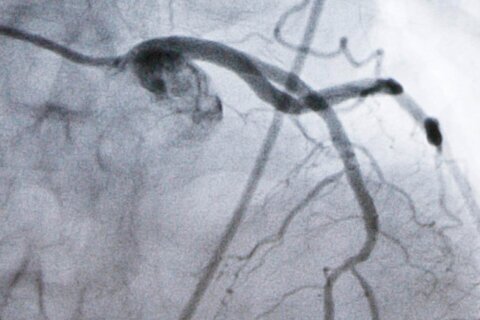WASHINGTON — Doctors often advise patients to be aware of their cholesterol and blood sugar numbers. But how many of us are aware of the results of the routine blood test that measures estimated kidney function?
“I think what is happening with kidney disease is that the awareness is not nearly what it should be,” says Dr. Josef Coresh, a professor with the Johns Hopkins University Bloomberg School of Public Health.
Coresh led a research team that analyzed data on 1.2 million people around the world, focusing on the results of the blood test that gauges kidney function: the eGFR. The team’s twin studies — published in the Journal of the American Society of Nephrology — looked not just at their most recent eGFR, but those conducted in the past.
The Hopkins researchers found the current results were extremely valuable when it came to predicting the risk of kidney failure or death from kidney disease, while the long-term results alerted physicians to trends such as the rate of decline in kidney function.
He says patients and doctors need to pay more attention to these numbers, noting often patients aren’t aware they have kidney disease, especially in the early stages.
A reading of 60 or better on the eGFR is good. Coresh says “it is nice reassurance and you don’t have to do anything.”
But a number under 60 could be a sign of trouble ahead, and Coresh — who heads the Chronic Kidney Disease Prognosis Consortium at Hopkins — says doctors should follow up with a test for protein in the urine.
He also notes that the 500,000 Americans who are on dialysis or have had a kidney transplant are only a fraction of the people diagnosed with kidney disease. Ten percent of the population is dealing with some level of kidney malfunction — that is 20 million people in all.







